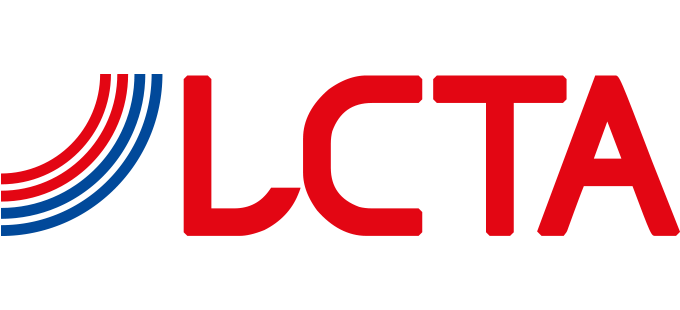Human rights and environment: due diligence, transparency and reporting obligations

Due diligence and transparency obligations in the area of minerals and metals from conflict zones and child labour as well as non-financial reporting obligations came into force in Switzerland on January 1, 2024. On March 15, 2024, the Council of the European Union approved the Corporate Sustainability Due Diligence Directive (CS3D), which will affect both EU and non-EU companies with a significant turnover in the EU. In an increasingly complicated legislative framework, businesses must have the necessary tools in place to meet legal requirements and conduct focused due diligence.
Swiss Regulations
Following the rejection in 2020 of the Swiss popular initiative on mandatory environmental and human rights due diligence (commonly referred to as the “Responsible Business Initiative, RBI)”, the counterproposal sponsored by the Swiss Federal Council in the form of an amendment to the Swiss Code of Obligations came into force on January 1, 2024, providing non-financial reporting obligations as well as due diligence and transparency obligations in the area of minerals and metals from conflict zones and child labor.
Non-financial reporting obligations
As per Ordinance on Climate Disclosure (Italian version), starting from the fiscal year 2023, public companies, banks and insurance companies with 500 or more employees and at least CHF 20 million in total assets or more than CHF 40 million in turnover are obliged to report on non-financial matters and disclose publicly environmental, social, labor, human rights and corruption risks, as well as steps taken to address them (see Articles 964a-964c of the Code of Obligations).
Companies fulfilling these requirements but are controlled by a company falling within the abovementioned scope of application or having to prepare an equivalent report under foreign law, are exempt from the non-financial reporting obligations.
Due diligence and transparency in relation to metals and minerals from conflict zones and child labour
Companies exposed to risks in the sensitive areas of child labor and minerals from conflict zones must meet specific due diligence and reporting requirements if the thresholds for the import and processing of minerals and metals from conflict zones, set out in Annex I of the Ordinance on Due Diligence and Transparency Obligations in relation to Minerals and Metals from Conflict-Affected Areas and Child Labor (DDTrO) are exceeded (also see Articles 964k-964l of the Code of Obligations).
The minerals category includes ores, gold and concentrates containing tin, tantalum or tungsten. Metals are those containing or consisting of tin, tantalum, tungsten, or gold – also in form of by-products.
Due diligence obligations include implementing and maintaining a management system as well as establishing a supply chain policy and a supply chain traceability system.
The OECD Due Diligence Guidance for Responsible Supply Chains of Minerals from Conflict-Affected and High-Risk Areas and the Regulation (EU) 2017/821 serve as reference.
The Swiss Federal Council is now analyzing the implications of the European Union’s Corporate Sustainability Due Diligence Directive (CS3D) for Swiss companies and is expected to decide on the next steps to take once the final version of the CS3D is released and the mechanisms by which the EU Member States will implement this Directive are known.
The EU CS3D
Following two failed attempts to gain approval, on March 15, 2024, the Council of the EU adopted a heavily watered-down version of the Corporate Sustainability Due Diligence Directive (CS3D), requiring EU and non-EU companies with activities in the EU to carefully manage social and environmental impacts throughout their entire supply chain. The next stage is for the EU Parliament to approve this “compromise text” (likely in April 20024). If approved, the CS3D regulations will then apply to companies with at least 1’000 employees and a turnover in the EU of €450 million, rather than 500 employees and a turnover of €150 million, as previously proposed by the Commission. Lower thresholds for high-impact businesses, such as textile manufacturing, food production, mineral extraction, and construction, have been eliminated. Although SMEs are not included in the scope of the Directive, they could be impacted by its provisions as contractors or subcontractors to the companies which are in the scope
Legislation in some Member States, such as Germany (Supply Chain Due Diligence Act or “Lieferkettengesetz”), France (Duty of Diligence Act or “Loi sur le devoir de vigilance”) or the Netherlands (Child Labor Due Diligence Act, or “Wet Zorgplicht Kinderarbeid”, and the draft supply chain law), will need to be adapted to CS3D. Businesses would be expected to be far more attentive when it comes to suppliers.
Source: SUISSENÉGOCE, completed by LCTA. This article was originally published on the LCTA website on March 14, 2024 and edited on March 19, 2024.
